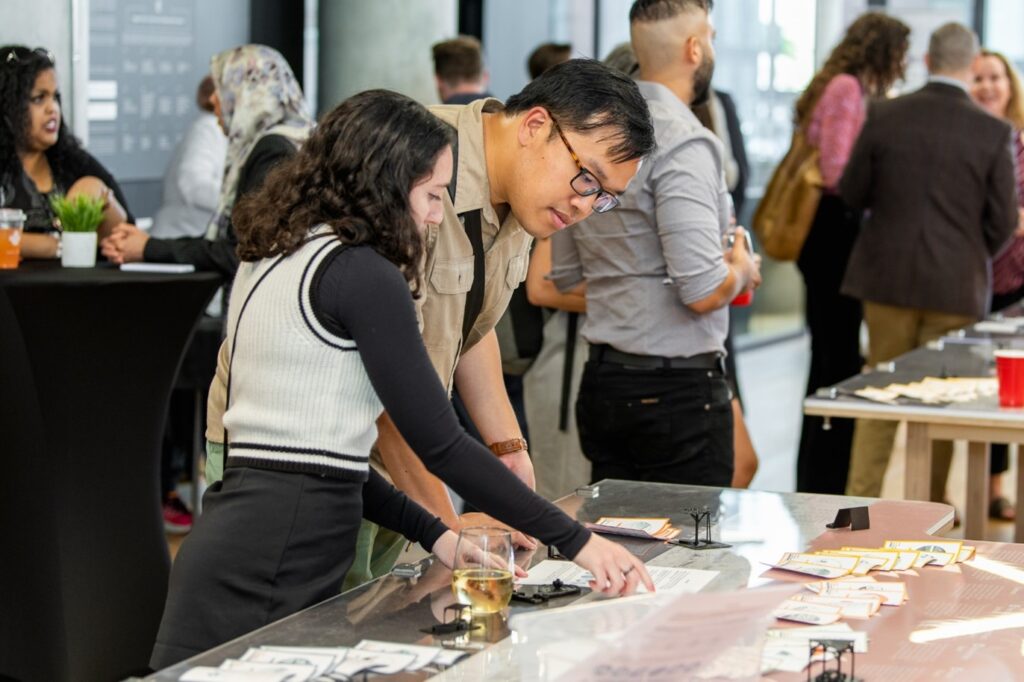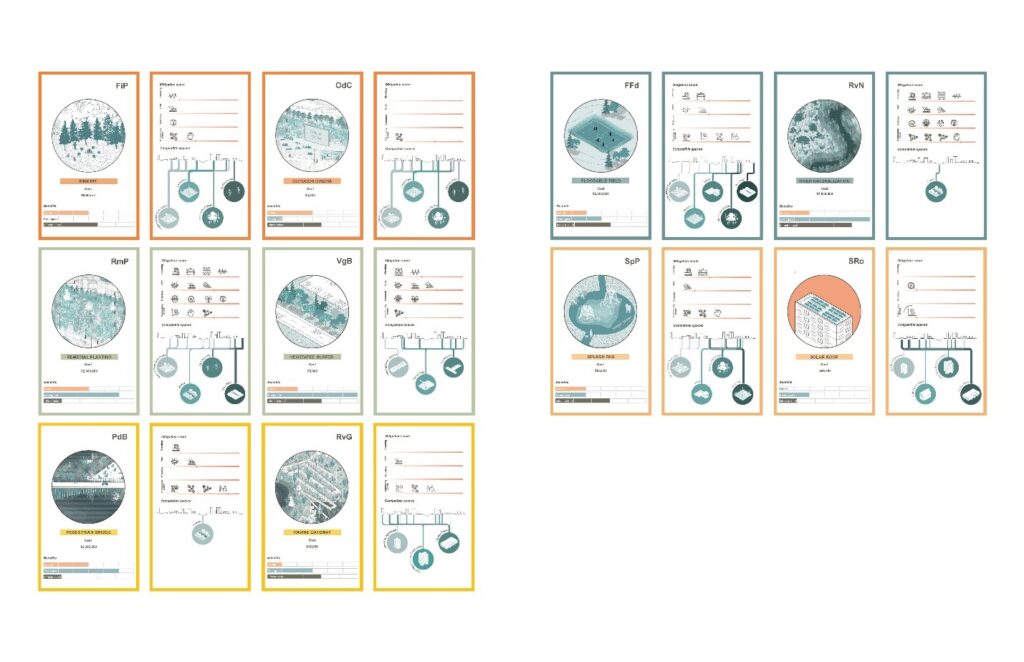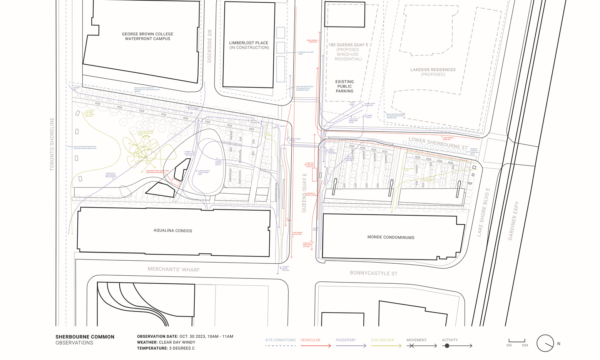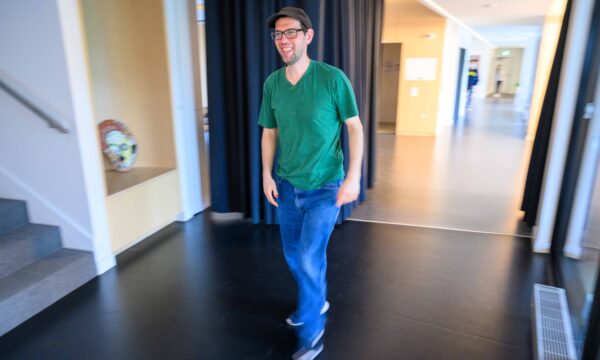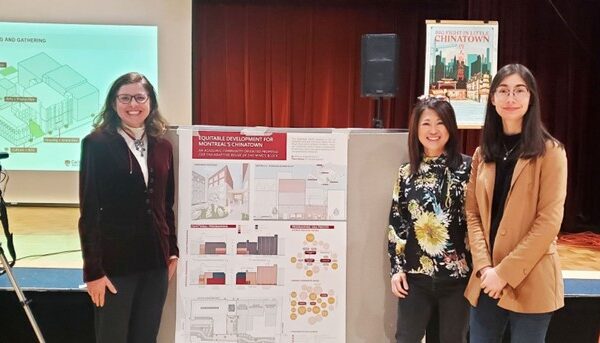The team at the University of Toronto has successfully wrapped up Parks in Action: Towers, Hubs, and Open Space Transformation, an exhibit and a series of 4 engagement workshops that was the product of research conducted by Fadi Masoud of the John H. Daniels Faculty’s Centre for Landscape Research and Victor Perez-Amado of the School for Urban Research at Toronto Metropolitan University. The project was made possible through a grant from School of Cities and was hosted at the World Urban Pavilion, powered by the Urban Economy Forum. Additionally, the SSHRC Partnership Grant played a crucial role in funding the Graduate Research Assistants who contributed to the project by designing the exhibition content as well as leading and participating in the engagement sessions. The exhibit illustrates the key research goal of UofT’s situated project, visualizing the critical connection between social equity, climate adaptation, and the role of public spaces in mitigating and adapting to the growing concern of urban climate change.
Planning of the exhibition began in January of 2023 before launching on June 22nd, 2023, and was led by Rashmi Sirkar and Alex Sheinbaum, under the direction of Professors Masoud and Perez-Amado. The accompanying engagement workshops took place between July and August of the same year. Components of the exhibit included a range of city maps, axonometric and perspective drawings, and two sectional perspective drawings, with one distributed across four tables that served as the gameboard base for the workshops. A key difference in this exhibit from previous exhibits in the World Urban Pavilion was the focus on participation and engagement, ranging from passive to active forms of engagement.
Each engagement workshop was facilitated by Alex Sheinbaum, assisted by research assistants from U of T’s Daniels Faculty Centre for Landscape Research. The workshops were two hours in length, each composed of an explanation of the game, playing the game, and a feedback period for attendees. The workshops used the Climate Action Cards and ‘before section’ drawing from the Parks in Action exhibit, as well as 3D models based on the TMU Climate Action Hubs from the exhibit and a short instruction guide for how to play the game. Spanning across four dates, each workshop had a unique theme:
- Public Space Activation,
- Urban Heat,
- Urban Flooding and
- Ecology & Green Infrastructure.
For each theme, participants were tasked with addressing a special set of conditions relating to the workshop of the day, and provided with additional data to create a common understanding of each theme.
Upon getting feedback from attendees at both the exhibit and workshop, it was clear that the Parks in Action work was very impactful for community members, academics and practitioners alike. Participants felt empowered after engaging with the participatory process, citing a greater understanding of climate risk within Toronto, a new vocabulary of landscape-based climate solutions and new sets of relations with other community members, policy makers, scholars and professionals interested in addressing climate risks in cities. Significant interest in potential next steps was generated throughout the workshops, with many participants hoping to bring a similar process into actual urban development practices, such as at the City of Toronto or as a way to rethink community engagement required by developers for new projects. Many recommendations for workshop improvements were also discussed during shareback sessions, including continuing to build out the library of climate solutions (Climate Action Cards) and bringing a version of the workshop to local schools, helping youth get exposure to the city-building discourse.
Click here to visit the official Parks in Action website.
To learn more about the research site led by the University of Toronto, click here.
